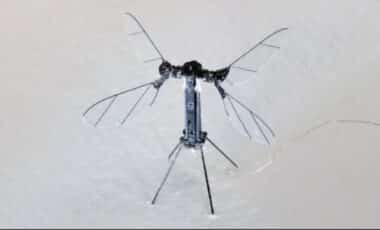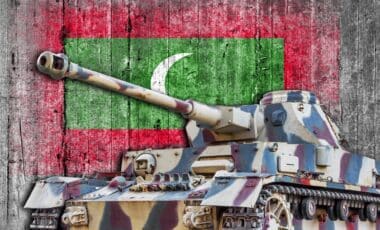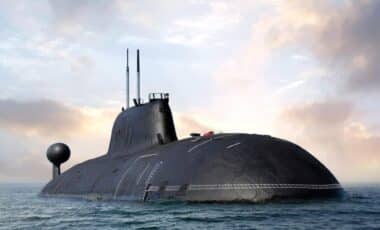The effects of the cold war on America transcended every aspect of life, impacting revolutionary changes to prepare for an anticipated impending nuclear war. It was a battle of superiority between the two giant economies then. It lasted until the disbandment of the Soviet Union.
The history of the cold war could inspire you for the convincing thesis on its importance in revolutionizing the education system in America. With this vast knowledge of the cold war, you may tell yourself, ‘it will help me write a thesis on the countermeasures the American government employed to empower their education’.
Education System in the United States of America During The Cold War
The cold war erupted on the dawn of technological advancement with the use of nuclear weaponry at its peak. The disastrous aftermath of the Second World War compelled the two nations to outsmart each other in order to avert destruction. The USA equipped students with the necessary knowledge to combat the menace of communism propagated by the USSR.
The best way of eliminating the possibility of occurrence of war was by achieving equal supremacy status between the USA and the Soviet Union. To achieve this, the USA had to overhaul its education system to meet the growing demand for professionals. Technology, Mathematics, Sciences, and physical fitness were prioritized.
The education during the cold war period was geared towards making a giant leap into stabilizing the engineering and scientific fields. The USA government decided to restructure the curriculum to accord students an opportunity of exploring their interest in science and technology. This was a capacity building strategy to strengthen professional field competence.
To some extent, this predicament was a blessing in disguise to the entire educational philosophy in America. It was an eye-opener. It enabled colleges and universities to:
- Increase their capacities to accommodate more students
- Renovate their structures
- Get more funds for students’ sustainability
How Did the Situation in the World Affect Education in the USA?
At the end of the Second World War, nations were struggling to rebuild and stabilize. Too much had been lost, and it would be unnecessary to lose more. The imminent danger posed by the looming cold war was promising another fatality that could be avoided. Nations were looking up to the USA and the Soviet Union to settle their differences and prevent world war 3.
No other nation had the capacity to measure up to the Soviet Union’s. This left the USA the only nation to play catch. The game was faring well until the USA suffered an immensely painful jab to their ego through the launch of Sputnik; the first artificial satellite of its kind propelled by a spacecraft. It was considered a technological marvel and attracted praises from the world.
The emergence of the soviet as scientific world leaders caught the USA unaware, though they had also made major scientific and economic advancements. It is such an interesting history; the basis that will help write my thesis statement on space exploration.
In retaliation, the American government channeled financial resources into accelerating space exploration projects. This led to the formation of the National Aeronautics and Space Administration (NASA) to demonstrate their commitment to a competitive space exploration program.
College chances mushroomed, calling students to venture into space science. It reduced the attention offered to the other field for some time.
NASA was to train and develop a team of technologists and engineers to deliver on both their short and long term goals. Staying ahead of the game was the only assured survival tactic at the time of the cold war.
The greatest investment that could pay good dividends in advancement was the education system. It had to undergo constant but steady changes to secure the nation.
How Did the Cold War Affect Modern Education?
Most of the modern systems of education were realized courtesy of the cold war. It was during that period that inquiries were made on how to improve or change the education system to fit the demand and provide required qualified personnel. The effects of the cold war today are still felt in education.
- It laid the foundation unto which science and technology were developed.
The dire and urgent need of scientists during the cold war necessitated the training of science enthusiast into experts. They paved the way for in-depth inquiries into scientific concepts that we enjoy learning today.
- Learning facilities were also developed and upgraded during the cold war era.
NASA, a reputable space exploration agency of modern time, was conceived and actualized mid into the cold war. To date, it trains proficient astronauts and has been linked with major successful space exploration mission.
This facility was set-up with a competitive egocentric government but has turned out to be more beneficial in modern-day space science than it was then. Modern education has much to benefit from the cold war than it can ever lose.
- The curriculum used today is just an improvement of what was introduced during the cold war.
Even the writing services that one may employ to write a thesis for me utilize a referencing style developed by the scientist when developing experimental manuscripts during the cold war.








